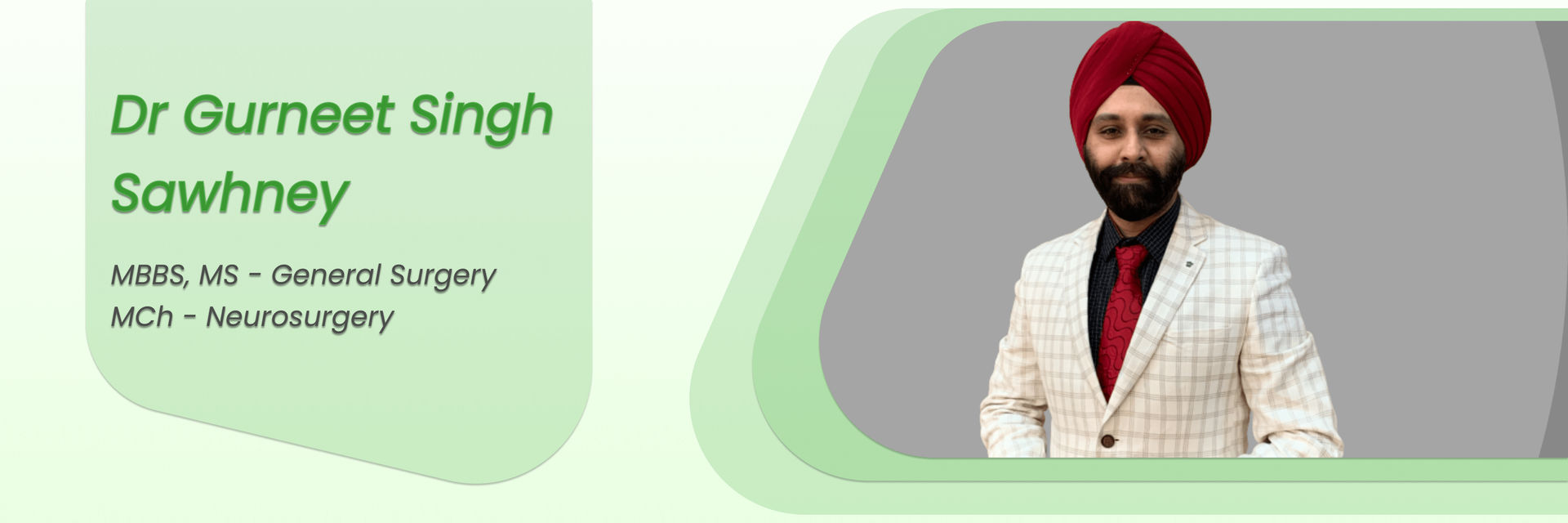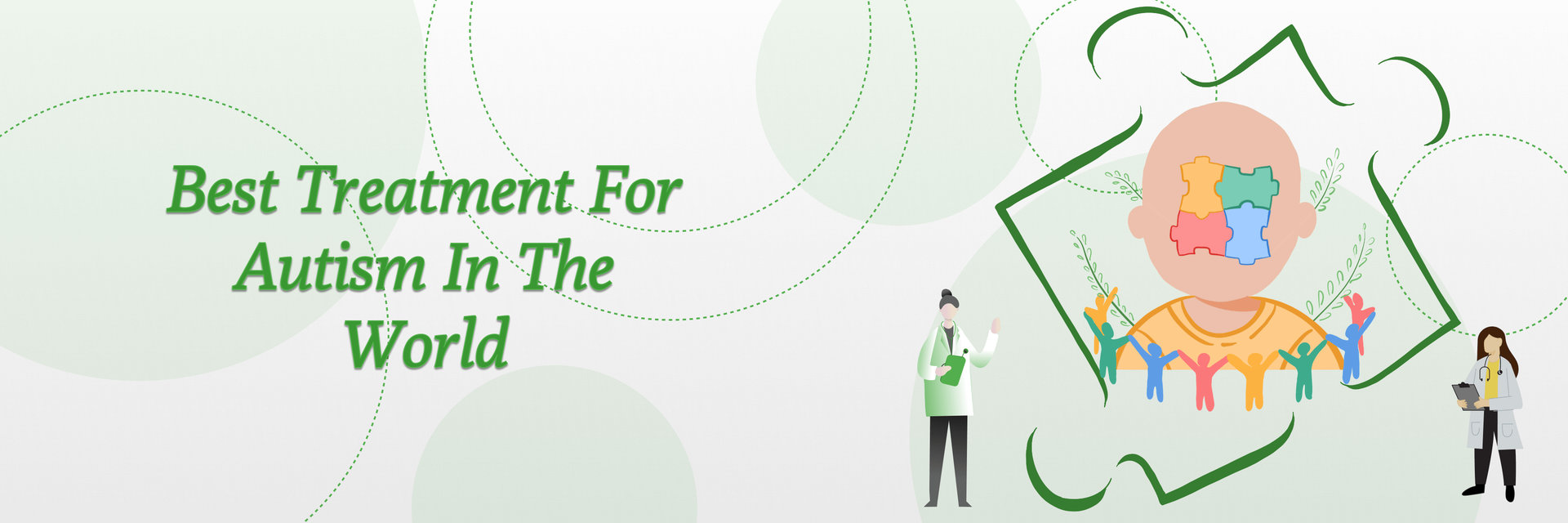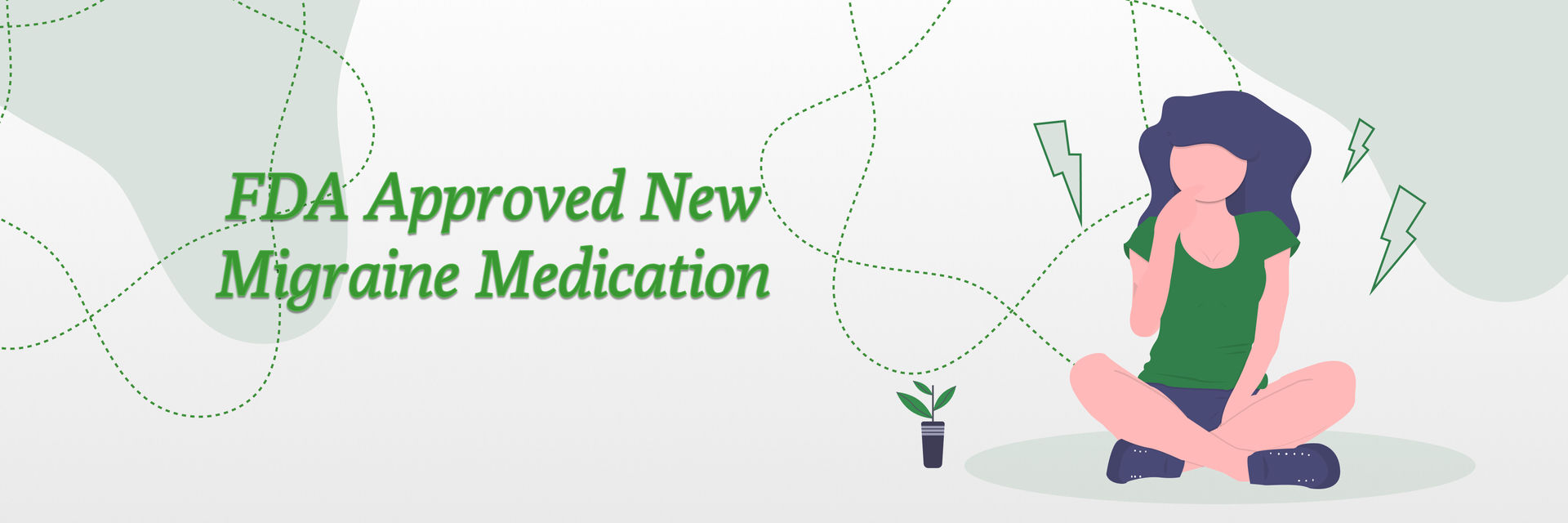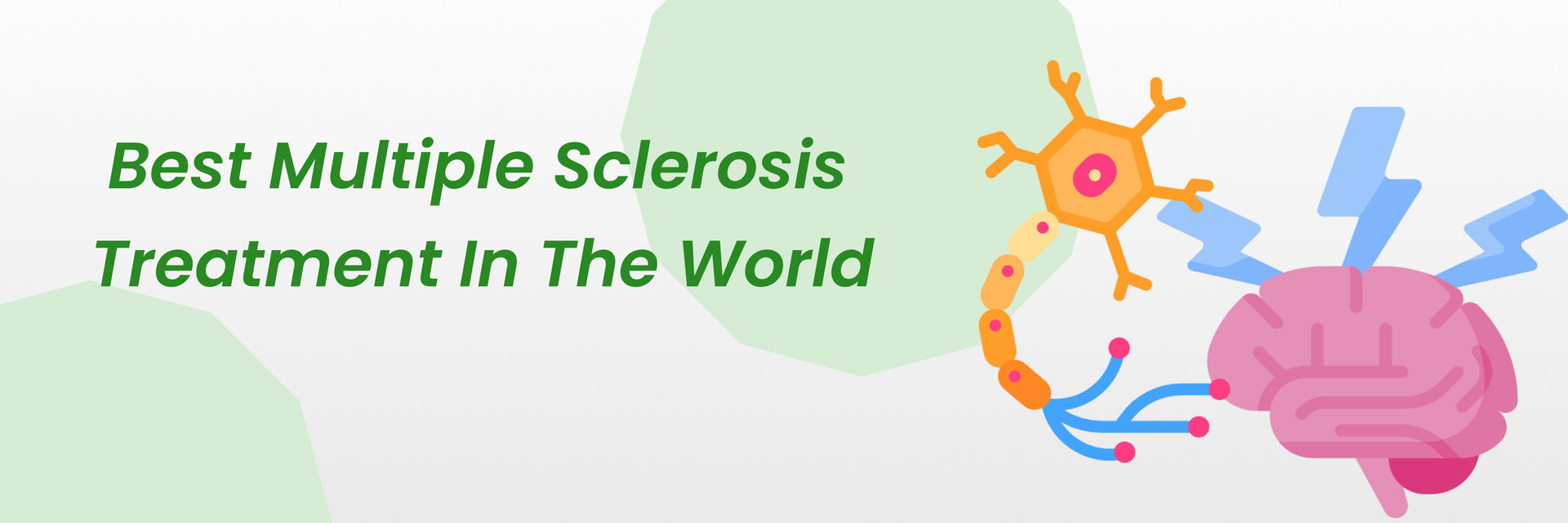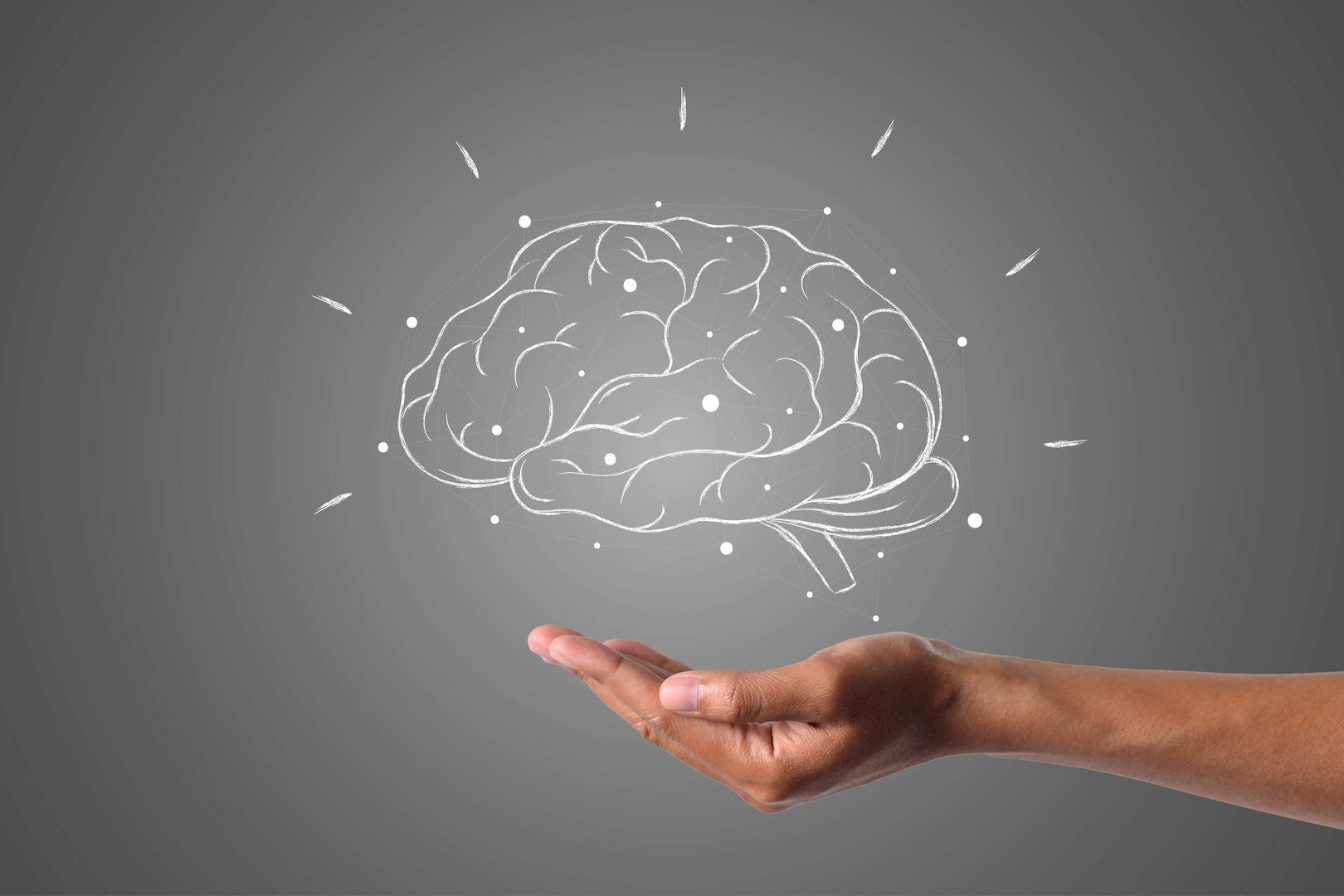The USA is known for having some of the most advanced medical technology. It is also popular for carrying out numerous clinical trials to treat Parkinson’s Disease.
This is not surprising, given the high prevalence rate of Parkinson’s Disease in the country. Below are the best Parkinson’s treatment centers in the US.
Best Parkinson's Treatment in USA
- Mayo Clinic
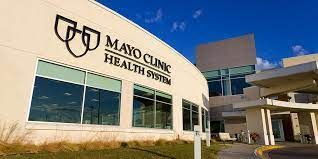
• Number of beds and layout: Multiple campuses with a total of 2,059 beds.
• Latest technologies: Advanced treatments like DBS, Duopa therapy, and continuous drug delivery methods.
• Recent treatment breakthroughs: Pioneered gene therapy techniques and developed comprehensive genetic testing panels.
• Specialised treatment services: Early-Onset Parkinson’s Disease Clinic for patients diagnosed before age 55.
• Major treatment achievements: Significant advancements in research on alpha-synuclein and development of disease progression biomarkers.
• Specialisation focus: Movement disorders and neurodegenerative diseases.
• Accreditation details: Consistently ranked top for neurology and neurosurgery by U.S. News & World Report.
• Facilities available: Comprehensive diagnostics, advanced neuroimaging, and extensive rehabilitation programs.
• International patient services: Multilingual support, international patient coordinators, and a global patient services program.
2) John Hopkins Parkinson’s Disease and Movement Disorder Center, Baltimore
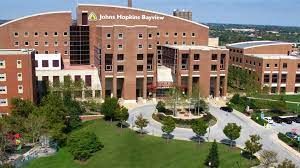
• Number of beds and layout: Johns Hopkins Hospital boasts over 1,100 beds with dedicated neurological care and movement disorder units. • The latest technologies: MRI-guided focused ultrasound, DaTscan imaging, and advanced DBS systems are utilized for Parkinson's treatment.
• Specialised treatment services: A multidisciplinary approach with specialized movement disorder clinics, advanced surgical options, and comprehensive rehabilitation programs are offered.
• Major treatment achievements: The center has played a key role in leading clinical trials for new treatment options and improved patient outcomes.
• Specialisation focus: The center specializes in movement disorders, with a strong emphasis on Parkinson's disease, essential tremor, and dystonia.
• Accreditation details: Recognized by U.S. News & World Report as a top hospital for neurology and neurosurgery. • Facilities available: Inpatient and outpatient care, advanced diagnostic tools, and specialized rehabilitation facilities.
• International patient services: Comprehensive services include dedicated coordinators, multilingual support, and assistance with travel and accommodations.
3) Mount Sinai Beth Israel Hospital, New York

• Number of beds and layout: Mount Sinai Beth Israel Hospital features 799 beds with dedicated units for neurology and movement disorders. • Latest technologies used: Advanced neuroimaging technologies, robotic-assisted surgeries, and the latest pharmacological treatments for Parkinson’s disease are employed.
• Recent treatment breakthroughs: Mount Sinai is at the forefront of research into neuroprotective therapies and personalized medicine approaches for Parkinson’s disease.
• Specialised treatment services: A comprehensive movement disorders program is offered, including specialized clinics and advanced therapeutic options like DBS.
• Accreditation details: U.S. News & World Report recognises the hospital for its excellence in neurology and neurosurgery.
• Facilities available: Wide range of inpatient and outpatient services, advanced diagnostics, and comprehensive rehabilitation programs.
• International patient services: Extensive support for international patients, including multilingual services and assistance with travel logistics.
Best Parkinson's Treatment in India:
India is emerging as a popular destination for Parkinson’s treatment as it has the best Parkinson’s treatment centers in the world. It is well-renowned for having cutting-edge medical technology and some of the most experienced neurosurgeons in the world, all this while providing affordable healthcare.
Continue scrolling to see the best Parkinson’s treatment centers in India.
4) Indraprastha Apollo Hospitals, New Delhi
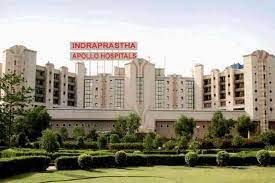
• Number of beds and layout: Indraprastha Apollo Hospitals offers 710 beds and specialized neurological units for tertiary care.
• Latest technologies used: Advanced technologies including CyberKnife radiosurgery, PET-MRI, and state-of-the-art neuroimaging for Parkinson’s treatment.
• Recent treatment breakthroughs: Significant advancements in genetic testing and personalized treatment plans for Parkinson’s patients.
• Specialised treatment services: Dedicated Parkinson’s and Movement Disorder Clinic with comprehensive diagnostic and treatment services. • Major treatment achievements: Successful deep brain stimulation surgeries and cutting-edge research in neurogenetics.
• Specialisation focus: Movement disorders and neurodegenerative diseases, providing specialized care for Parkinson’s disease.
• Accreditation details: JCI-accredited and NABH-certified.
• Facilities available: Comprehensive care including advanced diagnostics, inpatient and outpatient services, and specialized rehabilitation programs.
5) Kokilaben Dhirubhai Ambani Hospital, Mumbai
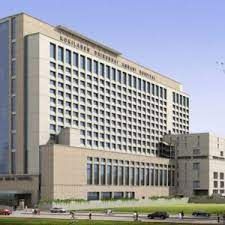
• Number of beds and layout: Kokilaben Dhirubhai Ambani Hospital offers 750 beds, including advanced intensive care units and specialized neurological wards.
• Latest technologies: The hospital utilizes cutting-edge technologies like 3 Tesla MRI, Da Vinci robotic surgery, and advanced neuroimaging techniques for Parkinson’s treatment.
• Recent treatment breakthroughs: Advancements have been made in advanced neuro-rehabilitation techniques and personalized treatment approaches for Parkinson’s disease.
• Specialised treatment services: The Centre for Parkinson’s and Movement Disorders provides comprehensive care, including surgical and non-surgical treatment options.
• Major treatment achievements: Leading in deep brain stimulation therapies and innovative research in neurodegenerative diseases.
• Specialisation focus: Specializing in neurodegenerative diseases, the hospital focuses on holistic and personalized care for Parkinson’s patients.
• Accreditation details: Accredited by NABH and JCI, demonstrating a commitment to international standards of care.
6) Manipal Hospital (Old Airport Road), Bangalore
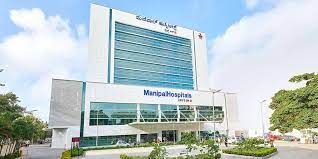
- Number of Beds and Layout: 600 beds, multi-specialty layout with dedicated neurology wing.
- Latest Technologies Used: Advanced robotic surgery systems, high-resolution MRI.
- Recent Treatment Breakthroughs: Innovative deep brain stimulation techniques for Parkinson’s.
- Specialised Treatment Services: Dedicated Parkinson’s Disease Centre, comprehensive neuro care.
- Major Treatment Achievements: Successfully performs 25–30 deep brain stimulation surgeries annually.
- Specialisation Focus: Neurology and neurosurgery, particularly movement disorders.
- Accreditation Details: Accredited by NABH (National Accreditation Board for Hospitals).
- Facilities Available: Comprehensive diagnostic services, inpatient and outpatient rehabilitation.
- International Patient Services: Dedicated team for international patients; multilingual support.
7) BLK-Max Multi-specialty Hospital, New Delhi
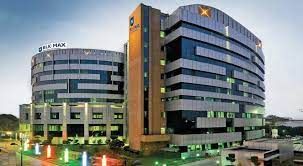
- Number of beds and layout: Specialised neurocenter with advanced care facilities (650 beds).
- Latest Technologies Used: Advanced neuro-diagnostic services, high-definition neuroimaging.
- Recent Treatment Breakthroughs: Cutting-edge deep brain stimulation procedures.
- Specialised Treatment Services: Comprehensive Centre for Neurosciences, Parkinson’s Care.
- Major Treatment Achievements: Treats approximately 4000 Parkinson’s patients annually.
- Specialisation Focus: Neurology and Neurosurgery, with a focus on movement disorders.
- Accreditation Details: Accredited by NABH and JCI (Joint Commission International).
- Facilities Available: Intra-operative neuromonitoring, extensive rehabilitation services.
- International Patient Services: Comprehensive support, including travel and accommodation assistance.
Best Parkinson's Treatment in Other Countries:
Now, you might belong to another country and be unable to travel as far as the US or India. Don’t worry, we have also compiled a list of the best Parkinson’s treatment centers in the rest of the world.
8) Pacific Parkinson’s Research Center, Movement Disorders Clinic, Canada
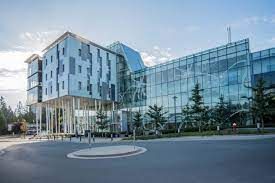
• Number of beds and layout: Focused research facility with specialized clinics (30 beds).
• Latest Technologies Used: State-of-the-Art Neuroimaging and Neurophysiological Assessment Tools.
• Recent Treatment Breakthroughs: Pioneering research in gene therapy for Parkinson’s.
• Specialised Treatment Services: Comprehensive movement disorders clinic, including Parkinson’s.
• Major Treatment Achievements: Houses Canada’s largest Parkinson’s research program.
• Specialisation Focus: Neurology, particularly movement disorders.
• Accreditation Details: Affiliated with the University of British Columbia.
• Facilities Available: Advanced diagnostic labs, specialized treatment, and research facilities.
• International Patient Services: Limited services available.
9) King's College Hospital, UK
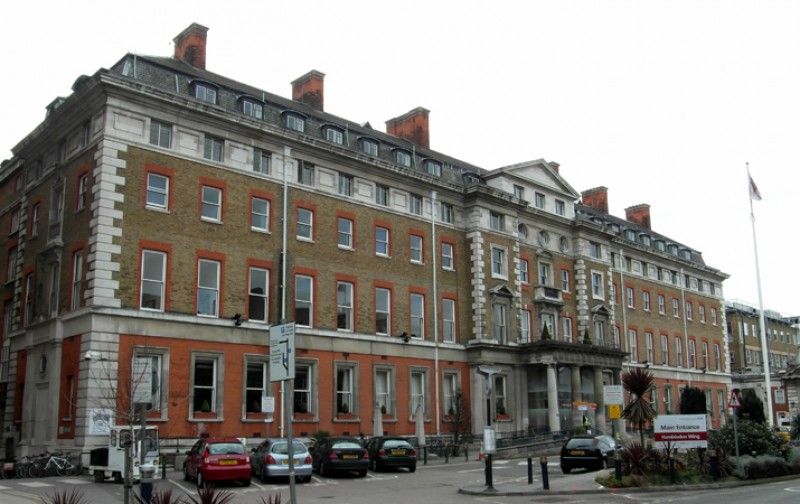
- Number of beds and layout: Comprehensive neurocenter with full-spectrum services offering 950 beds.
- Latest Technologies: Cutting-edge neurostimulation therapies and high-resolution imaging.
- Recent Treatment Breakthroughs: Advances in Treatment of Non-Motor Symptoms of Parkinson’s.
- Specialised Treatment Services: Movement Disorders Unit specializing in Parkinson’s care.
- Major Treatment Achievements: Recognised as a Parkinson's Centre of Excellence.
- Specialisation Focus: Neurology and Neurosurgery, with a focus on movement disorders.
- Accreditation Details: Accredited by the CQC (Care Quality Commission) and JCI.
- Facilities Available: Full range of neuro-rehabilitation services, including inpatient and outpatient care.
10) Singapore National Neuroscience Institute
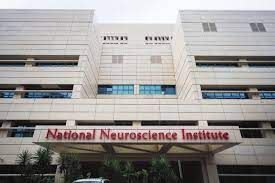
- Number of beds and layout: 350 beds; specialised neuroscience facility.
- Latest Technologies: Advanced neuroimaging technologies, robotic surgery systems.
- Recent Treatment Breakthroughs: Innovative Neurostimulation Techniques for Parkinson’s.
- Specialised Treatment Services: Parkinson's Disease and Movement Disorders Clinic.
- Major Treatment Achievements: Designated as a Centre of Excellence for Parkinson’s Care since 2006.
- Specialisation Focus: Neurology and neurosurgery, particularly Parkinson’s and movement disorders.
- Accreditation Details: Accredited by JCI.
11) Movement Disorders Program, Monash Health, Victoria
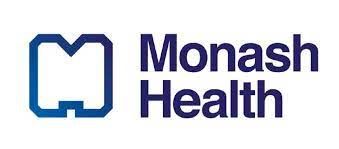
- Number of beds and layout: Integrated neuro units within a multi-specialty hospital layout (300 beds)
- Latest Technologies Used: Deep Brain Stimulation (DBS) for advanced Parkinson's treatment
- Recent Treatment Breakthroughs: Development of home-based treatment facilities and remote monitoring
- Specialised Treatment Services: Offers comprehensive care for Parkinson's and other movement disorders
- Major Treatment Achievements: Successfully treats over 4,000 patients annually with a high success rate
- Specialisation Focus: Specializes in movement disorders, particularly Parkinson’s disease
- Accreditation Details: Accredited by Australian health authorities
- Facilities Available: Provides neurological rehabilitation, outpatient services, and inpatient care
12) Tel Aviv Sourasky Medical Center, Israel
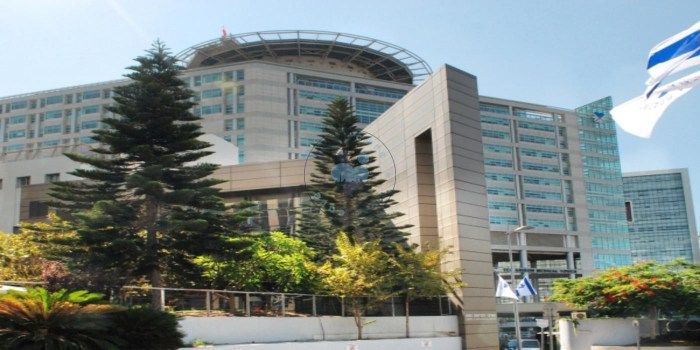
• Number of beds and layout: 1,400 beds with dedicated neurological units.
• Latest Technologies Used: Advanced genetic research facilities for Parkinson's treatment.
• Recent Treatment Breakthroughs: Conducting groundbreaking genetic studies to understand and treat Parkinson’s.
• Specialised Treatment Services: Provides neurophysiological studies and comprehensive Parkinson's care.
• Major Treatment Achievements: Recognised as a Centre of Excellence for Parkinson's Treatment.
• Specialisation Focus: Focuses on Parkinson's disease and other movement disorders.
• Accreditation Details: Accredited by the Parkinson’s Foundation for excellence in treatment.
• Facilities Available: Equipped with advanced imaging technologies and clinical trial opportunities.
13) Nijmegen Parkinson Center, Netherlands
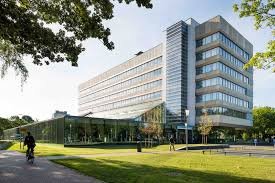
• Number of beds and layout: 500 beds, featuring a specialized neurological wing.
• Latest Technologies Used: Implements advanced neuroimaging techniques.
• Recent Treatment Breakthroughs: Known for comprehensive treatment approaches for Parkinson's.
• Specialised Treatment Services: Provides specialized care for young-onset Parkinson’s patients.
• Major Treatment Achievements: Utilises a multidisciplinary approach for effective treatment.
• Specialisation Focus: Specialises in Parkinson's disease and other movement disorders.
• Accreditation Details: Holds European accreditation for high standards in treatment.
• Facilities Available: Offers medication management and neurosurgical options.
14) University of Calgary Movement Disorders Clinic, Canada
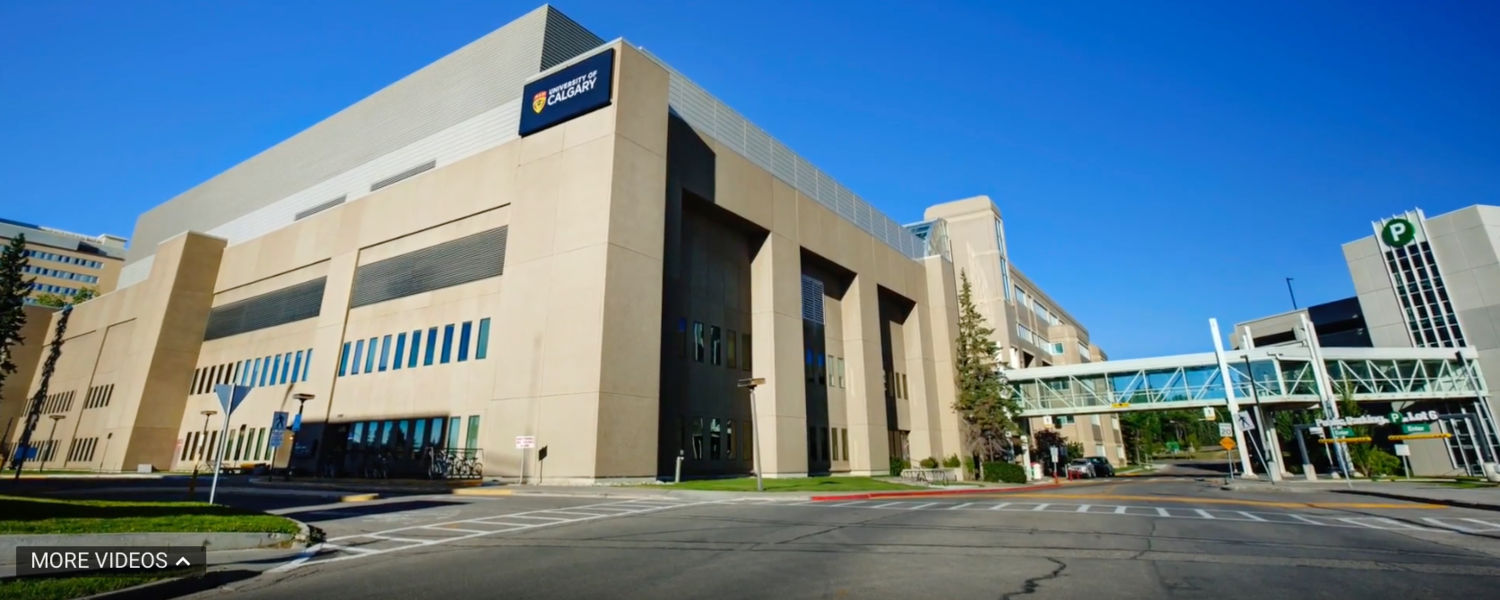
• Number of beds and layout: 400 beds with specialized neuro-focused units.
• Latest Technologies: Active participation in clinical trial programs for new treatments.
• Recent Treatment Breakthroughs: Part of the Edmond J. Safra Fellowship in Movement Disorders.
• Specialised Treatment Services: Offers comprehensive care for various movement disorders.
• Major Treatment Achievements: Over 40 years of dedicated Parkinson's research and treatment.
• Specialisation Focus: Focuses on movement disorders, especially Parkinson’s disease.
• Accreditation Details: Recognised as an academic center of excellence.
• Facilities Available: Full spectrum of Parkinson's care, including advanced diagnostic tools.
15) Juntendo Medical Hospital, Japan
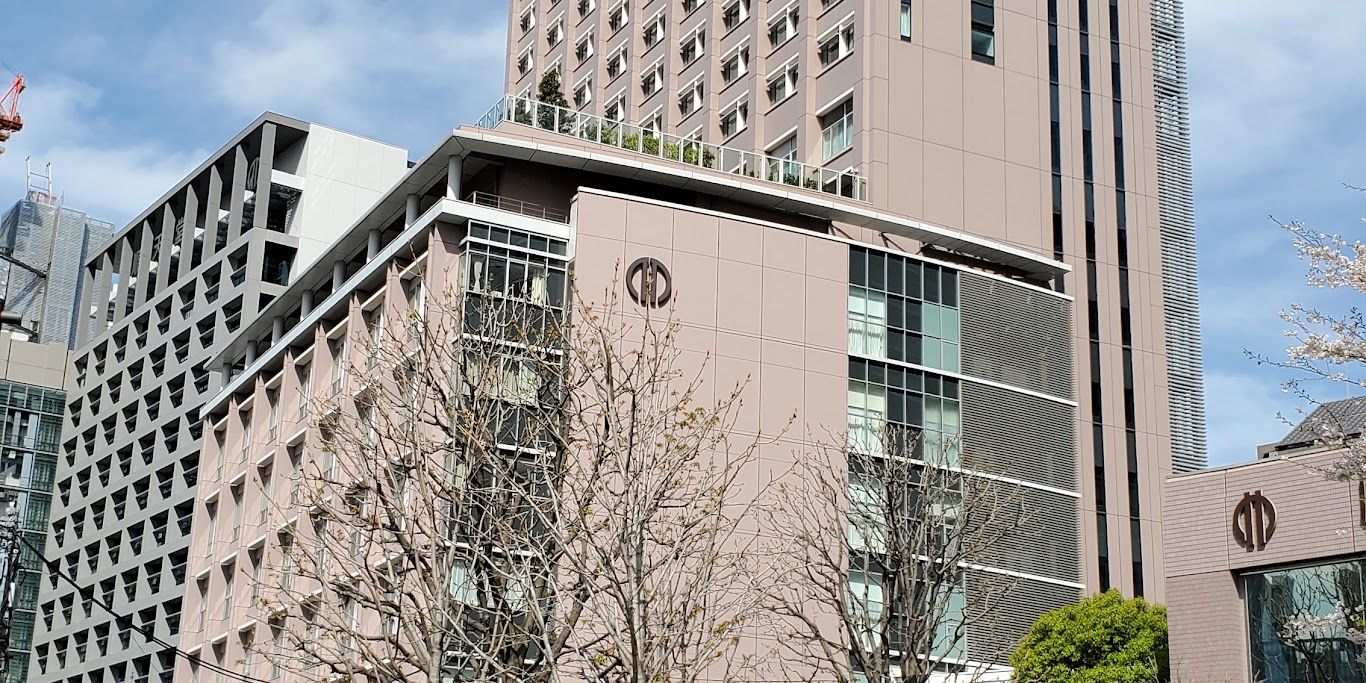
• Number of beds and layout: Multi-specialty structure with neurological departments (1,000 beds)
• Latest Technologies Used: Online medical care systems for remote patient management.
• Recent Treatment Breakthroughs: Pioneered the world's first online Parkinson’s care system.
• Specialised Treatment Services: Renowned for its leading neurology department and services.
• Major Treatment Achievements: Treats over 4,000 Parkinson’s patients annually.
• Specialisation Focus: Specializes in clinical practice and research for Parkinson’s disease.
• Accreditation Details: Globally recognized for excellence in neurology.
• Facilities Available: Comprehensive neurology services, including diagnostics and treatment.
Criteria for Choosing the Best Parkinson’s Treatment Center in the World
Accreditations of the facility:
- Most leading hospitals have accreditations from their country’s and other international regulatory bodies.
- This tells you that their standards of hygiene and treatment are high.
Specialist reviews:
- Check for your doctor’s qualifications and any patient testimonials previous patients may have left.
- Also try to check for their success rate in treating Parkinson’s Disease.
‘Center of Excellence’ designation:
- The Parkinson’s Foundation in the US designates certain facilities as Centers of Excellence.
- They have to meet strict research and treatment standards to achieve this.
- The centers also have to treat a minimum of 700 Parkinson’s patients annually.
- This designation serves as a good benchmark for checking how advanced the facility is.
Cost of living:
- If you decide to travel to another country to receive treatment for your Parkinson’s, do some research about the cost of living.
- This will ensure that you’re prepared for any additional costs that may come your way.

